Food Fact From Fiction
Written By: Heather Gerrish, MS, RDN
The world of nutrition can be a VERY confusing place. With constant information and claims presented on a daily basis reviewing the next big thing in diet culture or the never-ending lists of “eat this, not that”, how can you decipher this information and get the information you need?
Using the points below as a reference while you are scrolling through social media, reviewing a few “fad” or simply curious about a new claim about diet or health, you can focus on the facts and the important aspects to consider when evaluating a concept as FACT or FICTION!
Science - Is the claim or article backed by actual research? Or is this claim an opinion or “fact” from one person or organization?
References - How reputable is the source making the claim, do they have the proper training and expertise to determine such conclusions?
Facts - Does the information make sense? If not, what is making you second guess this information? Why?
How about an example (fictional, of course!)
Let’s get started: You are scrolling through Instagram and notice that a lot of influencers are promoting a new diet pill. They indicate that by taking this magic diet pill that you will instantly drop 15-20lbs without any dietary intervention (no change to your current diet is required).
Now, from the looks of things the influencer seems adamant that because she has started this over the counter supplement pill, she is able to eat what she wants, when she wants and is still losing weight! It seems a bit too good to be true, right? Let’s take a look.
Science: Where there clinical trials run on this new diet modification? How many participants did they study? Was it just the influencer? What company is supporting this ad? Do they have any conflicts of interest that should be noted? Any financial incentives?
References: what references were shared? Or was there any information to back these claims up? Are they valid?
Facts: Does this sound reasonable? Is this even feasible? Is it sustainable?
It is also important to validate and compare the information and facts you receive from individuals as well. Asking how that individual found the information they are sharing, or by what degree are they trained and eligible to share information on a certain topic (you wouldn’t want a pre-med student performing open heart surgery on their first day) is completely valid. It’s important to think critically on the information you see online, in print and by word of mouth before you implement it into your practice and be an educated consumer. This way you are protecting yourself and your health from claims that are not research-backed or that are not validated by credible sources.
An excellent way to research facts and information on your own is to go right to the source and read articles and research journals that specialize in the area you are searching. A great source for information for researching articles and journals for relevant information is PubMed and if you are unable to access an article directly, email the author! From experience, they are more likely to provide you with the free version of their work to better provide and share their findings than turn you away. It’s always worth emailing your questions and receiving feedback from the actual investigators than limiting your search to only open-access databases that might not provide the most comprehensive lists of available articles for your topic.
An additional source for credible nutrition facts and information is from the Academy of Nutrition and Dietetics where you can find almost anything related to nutrition, even a practicing Dietitian in your area! The Academy is an organization that provides support and information to Dietitians to use (and they even have ongoing research projects you can look into). It’s a great site to look around and find out more about up and coming nutrition topics as well as new claims and where to find out more about hot topics in nutrition found in the media.
It takes a little work, but in the end, researching and ensuring that the information that you see on a daily basis is fact vs. fiction is well worth the extra search.
You might even find something that sparks your interest along the way!
Craving a new recipe or need some food-inspo? Check out our new TLAG Recipe Booklet! Full of nutritious combos - perfect for weekday meal planning, fueling your workouts, and promoting recovery along the way!

